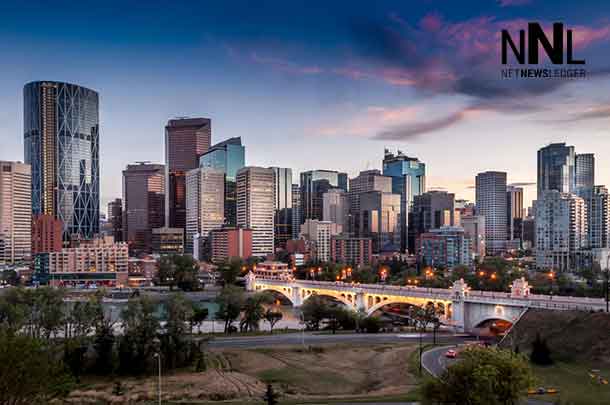Immigration might seem to be a mission that is difficult to accomplish, but it doesn’t have to be. If you’re thinking of migrating to Canada, here are a few things you should keep on your radar. In this blog article, we’ll give some recommendations to make your move as seamless as possible. Whether you’re relocating for employment, education, or just a change of scenery, these tips can help you get started in your new home.
Step 1 — Do Your Research
Running research before coming to Canada is an excellent way of getting ready for your adventure. Knowing the rules and accessible support networks may make the move to Canadian life easier. For example, having an immigration consultant Calgary in your contact list is a good idea. Thus, you can get professional support with immigration questions or issues that may arise unexpectedly.
Familiarizing yourself with your destination’s culture, beliefs, and people may help you have a better grasp of what to expect when you arrive. You’ll also want to research employment opportunities and housing options in your new nation. With the proper preparation, coming to Canada can be an exciting and fulfilling journey.
Step 2 — Get Your Finances in Order
When it comes to planning for your relocation to Canada, you’ll want to ensure that your finances are in order. Taking the time to consider things like establishing an account with a Canadian bank, acquiring a credit card, or seeking advice from a financial counsellor may pay you in the long term, allowing you to transition more smoothly to life as a new immigrant. Furthermore, if you want to bring money from your home country, keep in mind that there may be limits or paperwork required. Do your research and get acquainted with what is permitted so that you are not caught off guard later.
Step 3 — Learn About the Culture
One of the most significant aspects of emigrating to a new nation is learning about the culture. Canada’s culture is incredibly varied, which might take some time to get used to. To make this transition simpler, spend time learning about Canadian culture and beliefs. Reading about Canadian history and attending cultural events are an excellent way of getting familiar with the culture. Additionally, spend time conversing with people in your neighborhood who have been living in Canada for some time. They may give firsthand insight into what it takes to effectively adjust and integrate into Canadian society.
Step 4 — Find a Place to Live
Once in Canada, the next stage is to find a place to reside. This may be a difficult undertaking for any new immigrant, so do your homework ahead of time. Check out local websites and newspapers for home listings, and get acquainted with the area’s prevalent rental markets. When searching for an apartment, consider crucial criteria, such as rent, availability of public transit, and closeness to schools or the job. Remember to ask questions concerning the unit itself. For example:
- Is it furnished?
- What kind of heating system does it have?
- Is there a laundry facility on-site?
Answering these questions prior to signing a lease will allow you to make an informed decision about where to reside. Having decent renter insurance coverage is also vital for safeguarding your belongings, as it may assist cover the expense of replacing them if they are destroyed or stolen. If your house becomes unusable, it will pay for hotel accommodations and meals while it is being restored. While there are many excellent reasons to obtain tenant insurance, it’s also typically required by leasing agencies and landlords as a condition of your lease.
Step 5 — Ensure You Have All the Required Documents
When it comes to immigration, having all of the necessary documentation is crucial. It is a significant endeavour, and you must ensure that your application is well-prepared. Before you begin any formal paperwork, consider what papers are required for a successful submission. These will most likely include, but are not limited to, your birth certificate, any visas issued within the last ten years, official school transcripts and diplomas, marriage certificate/divorce decrees/other legal papers (if applicable), and letters of recommendation from employers and references.
In addition, depending on your unique circumstances or desired kind of visa, you may be requested to provide additional documentation. Secure these papers before commencing the legal procedure, since they may easily be lost amid other applications or misplaced during an overseas transfer. This will ease the burden of obtaining them while waiting for your application approval.
Have an Exit Plan
Moving to a new nation may be daunting and overwhelming; it is important to prepare ahead of time and have an emergency departure strategy in place. Things change rapidly in a new area, so it’s essential to be prepared. Have a secure location where you can put money saved for an emergency evacuation, as well as belongings you don’t need for daily life but wish to keep safe. Finally, share your departure strategy with family and friends so that they know where to find you if necessary and how they may assist if any issues arise.






